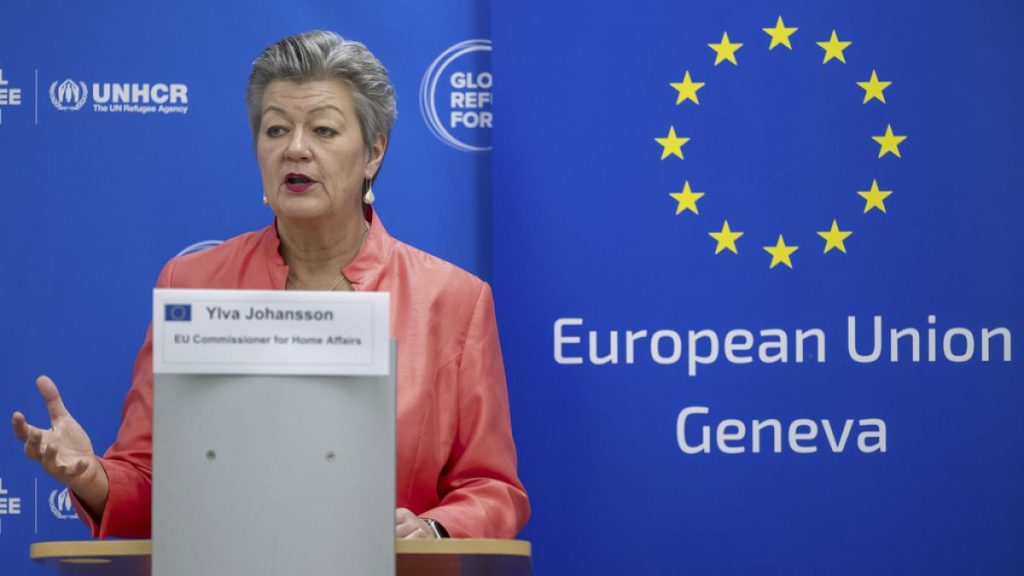The outgoing European Commissioner for Home Affairs, Ylva Johansson, has called for human trafficking to be made a crime across the entire European Union. At a meeting of the EU Network of National Coordinators and Rapporteurs on trafficking in human beings, Johansson highlighted the need to combat the culture of impunity surrounding traffickers who generate over $200 billion worldwide. She emphasized the importance of asset recovery to seize resources from criminals, and announced plans to update the anti-trafficking directive to criminalize knowingly using the service of trafficked victims. Previously, this was only criminalized in a few member states, but Johansson aims to make it a universal crime in the EU.
In April 2021, the European Union launched a strategy to combat human trafficking, which was further supported by a proposal in December 2022 and adopted by co-legislators in May 2024. This directive provides law enforcement and judicial authorities with stronger tools to prosecute exploitation and aims to be implemented by EU member states within two years. Johansson specifically highlighted the vulnerability of Ukrainian refugees to human traffickers following the Russian invasion of Ukraine in February 2022. She stressed the ongoing threat to Ukrainian women and children and commended the establishment of an operational task force by Europol to target traffickers aiming at Ukrainians.
Additionally, the European Union’s directive on human trafficking also focuses on prosecuting labor exploitation. A joint action involving 31 countries and Europol resulted in 51 arrests in April. As an MEP for the Swedish Social Democratic Party, Johansson has served as Commissioner for Home Affairs since 2019, prioritizing the fight against human trafficking during her tenure. She has been vocal about the need to tackle this crime across borders and ensure that traffickers face consequences for their actions. The European Union’s unified approach to combating human trafficking aims to provide a strong framework for cooperation and prosecution.
Johansson’s efforts to criminalize the use of trafficked victims’ services across the EU are part of a broader push to dismantle the operations of traffickers and hold them accountable for their actions. By targeting the financial assets of criminals involved in human trafficking, the EU aims to disrupt their activities and prevent further exploitation. The directive on human trafficking adopted by the EU in 2024 provides a comprehensive strategy to combat this crime, while also focusing on the specific vulnerabilities of certain groups, such as Ukrainian refugees. Johansson’s emphasis on vigilance and enforcement highlights the ongoing need for action in addressing human trafficking within and beyond the European Union.
Overall, Johansson’s call for human trafficking to be made a crime in the entire EU reflects a commitment to ending exploitation and protecting vulnerable populations. By implementing stronger laws and tools for prosecution, the EU aims to combat the culture of impunity surrounding traffickers and hold them accountable for their crimes. The directive on human trafficking adopted in 2024 provides a roadmap for member states to enhance their efforts in prosecuting exploitation and ensuring that trafficked victims receive justice. With Johansson’s leadership and the EU’s focused approach, the fight against human trafficking continues to be a key priority in the region.


